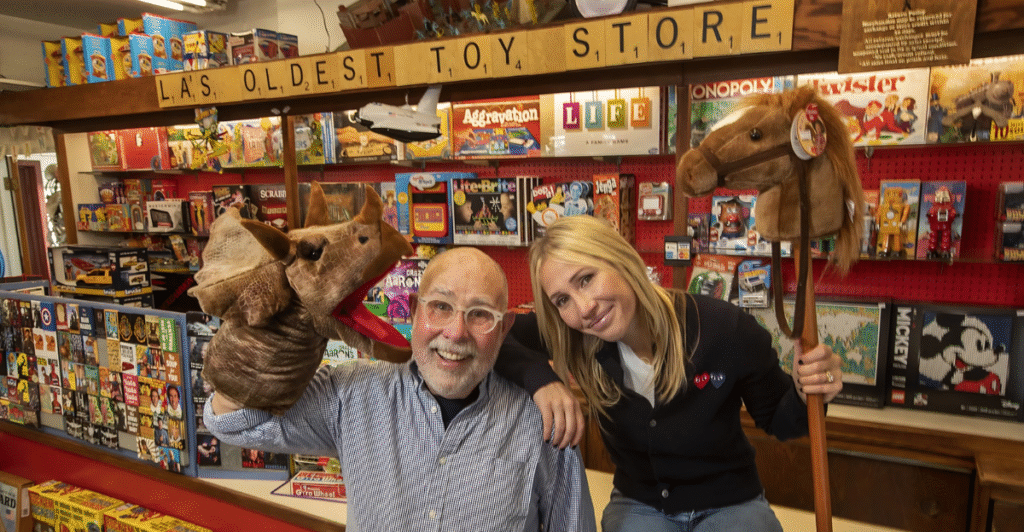
Kip’s Toyland is the oldest toy stores in Los Angeles and has been bringing joy to children for nearly 80 years. The business have been through more than most people, weathering wars, recessions, and a pandemic. However, with the recent increase in tariffs on Chinese imports, the store’s future could be in jeopardy.
Chinese imports make up around 80% of all U.S. toys, and as tariffs increase the costs of bringing them in, it leaves companies with a dilemma. Do they put the cost on the parents who want to buy their children happiness, or do they look for other risky alternatives?
Kip’s Toyland
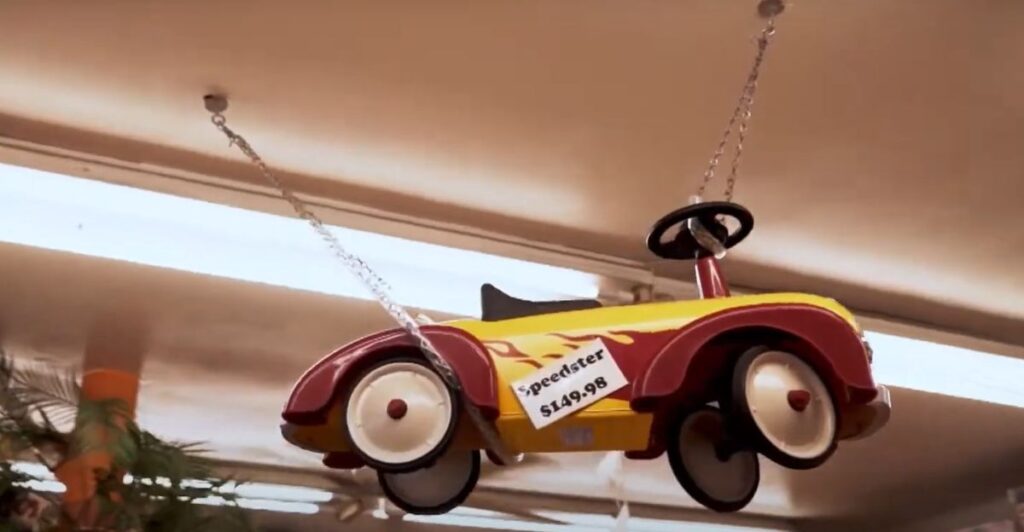
Kip’s Toyland has been around longer than many people have even been alive. The iconic store that most people’s grandparents will remember fondly was founded in 1945 by Irvin “Kip” Kipper, a WWII POW survivor.
Kipper wanted a place where he could bring happiness after facing unimaginable hardship during WWII. Since its opening, the store has offered nostalgic, screen-free toys, outlasting many competitors and weathering many economic storms.
Tariffs
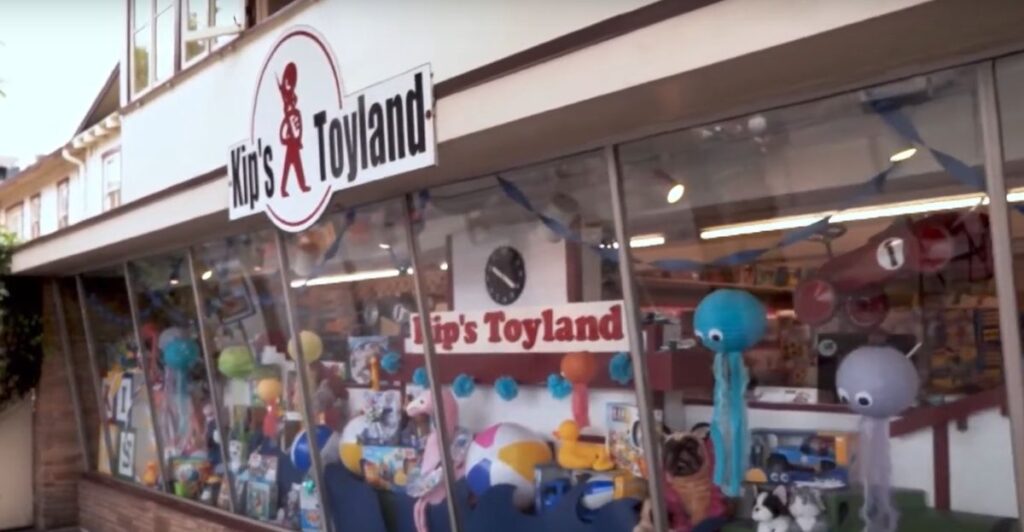
The recent U.S.-sanctioned tariffs on Chinese imports have gone up dramatically, impacting all retailers whose production lies within the country’s borders.
Kip’s inventory is almost entirely produced in China, meaning that the tariffs are making things complicated. The people hit the hardest by these tariffs are the U.S. businesses and the consumers themselves if prices are driven up.
Supply Chains
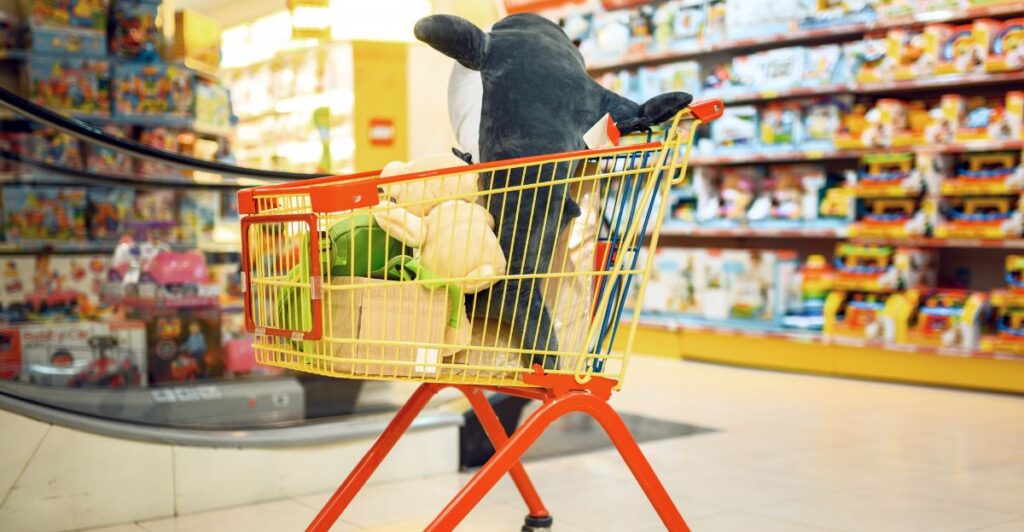
With the large majority of toys being sold in the United States originating in China, the American toy supply chain relies on Chinese manufacturing. Many big companies are shifting production to other countries in order to beat tariffs, but for many companies that aren’t the biggest fish in the pond, the costs of moving production seem far too high.
Moving production to a new country would take years to establish and drive up the costs of toys anyway, leading to a lose-lose for many companies who’ve been affected by the tariffs.
Small Businesses Are The Most Vulnerable
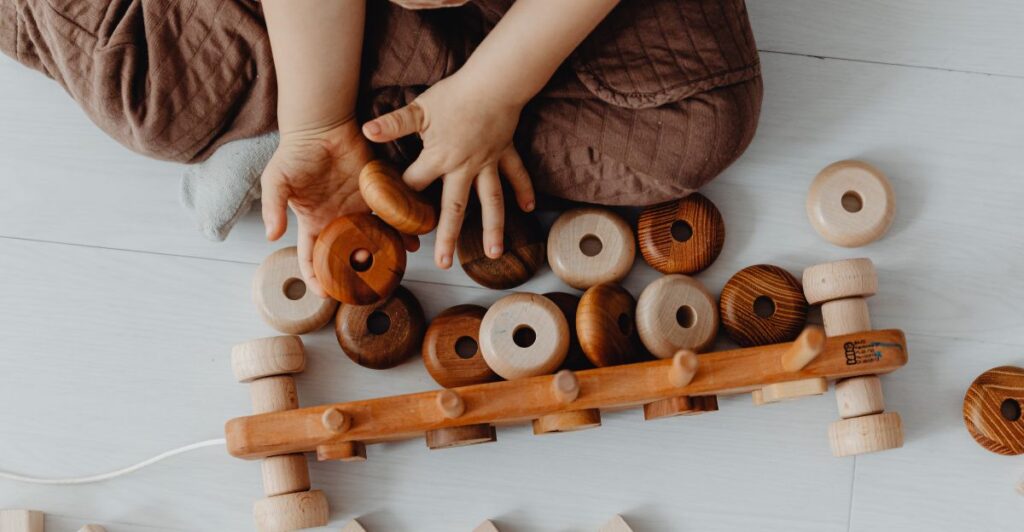
Many large businesses have the capital to absorb unexpected hikes in tariffs or other economic factors.
It’s smaller businesses like Kip’s that lack the necessary resources to diversify production, stockpile inventory, and ultimately shirk off the extra expenses. In many businesses, margins are already treading a thin line, and now with tariffs sometimes exceeding 100%, some companies may not survive for long.
Community And Jobs
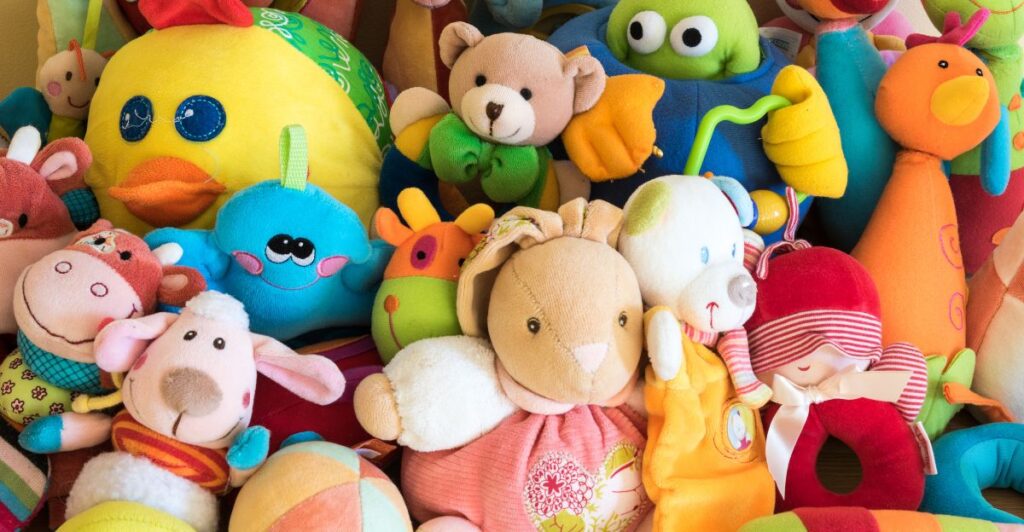
Places like Kip’s are more than just stores. They are part of a broader community hub. With tariffs looming over business owners’ heads, more individuals will be affected, and staff’s livelihoods will now also be in jeopardy.
If businesses need to find ways of cutting costs, they may look at reducing the workforce first. Almost half of all toy stores in the U.S. are now at risk of going under due to the tariffs, which risk thousands of jobs.
Consumer Dilemma
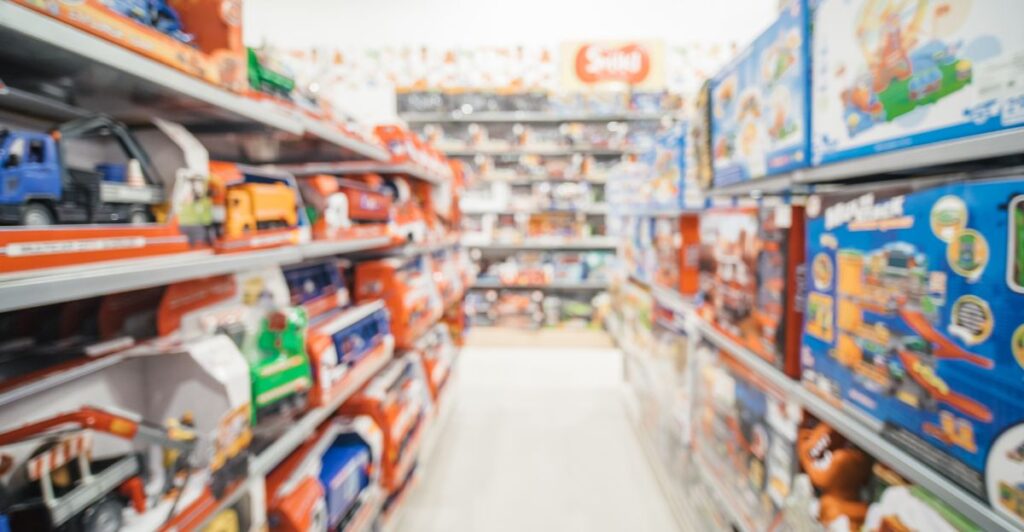
With tariffs hitting hard, the prices of toys could skyrocket. A toy that used to cost $20 will now cost $30 or more. This makes many toys an unaffordable luxury to many children around the United States.
Kip’s will lose in either circumstance, raise prices and lose business, or absorb the costs and ultimately go bankrupt. This means that many families in the U.S. will experience the wonder of walking into a toy store and letting their child pick from an assortment of toys.
Premium For Nostalgia
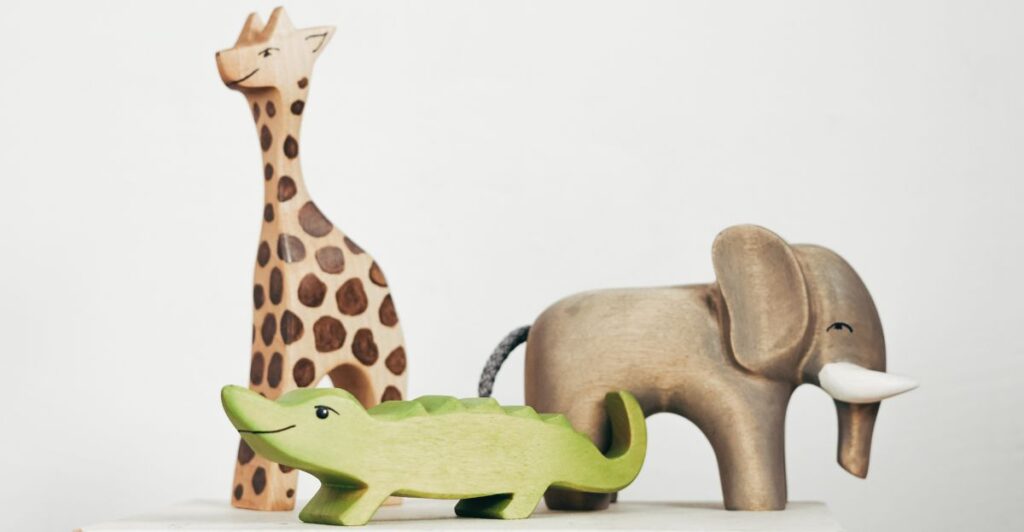
Kip’s business model has offered a tactile and analog toy experience for decades in an increasingly digital world. While other toy stores have jumped on trends and offer many toys with screens, batteries, and other digital traits, Kip’s has mostly stayed true to their origins, but this comes at a price.
These nostalgic toys could see a huge rise in price due to tariffs, making these items inaccessible to those who aren’t part of a wealthier class. This could only serve to deepen social divides.
The Domino Effect
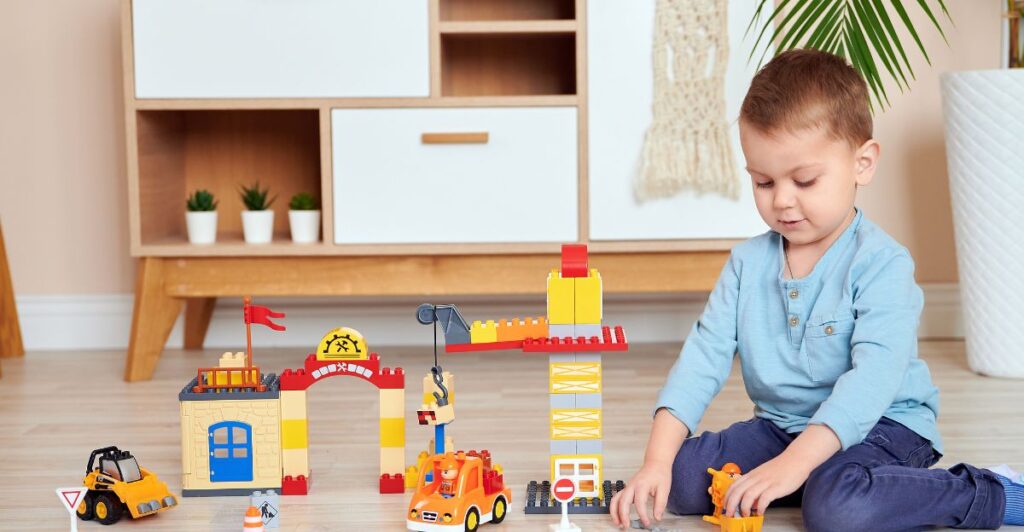
Tariffs have far-reaching consequences that go beyond just toy stores. They will affect every business whose production lies in China, and will affect anything from logistics and packaging to U.S. companies that source any parts from China.
Kip’s struggles are mirrored by other local businesses such as bookstores, hobby shops, and gift stores, where tariffs are threatening smaller businesses the most, which would destroy store diversity for the consumer and have many Americans out of jobs.
The Problems Of Moving Production
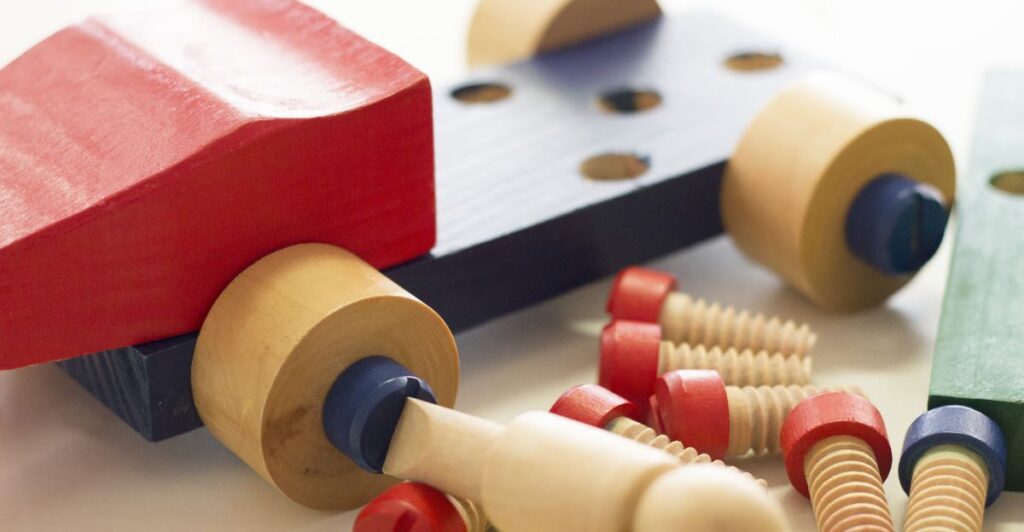
While many believe that these businesses will thrive again if they can move their production to American soil, the reality is that China was chosen for many businesses’ production for a reason.
Costs are cheaper, and production efficiency is much higher. No local production chain can outscale China’s in the short term. Rebuilding domestic capacity will take years, leaving many stores with an uncertain future and unable to survive long-term.
A Psychological Toll
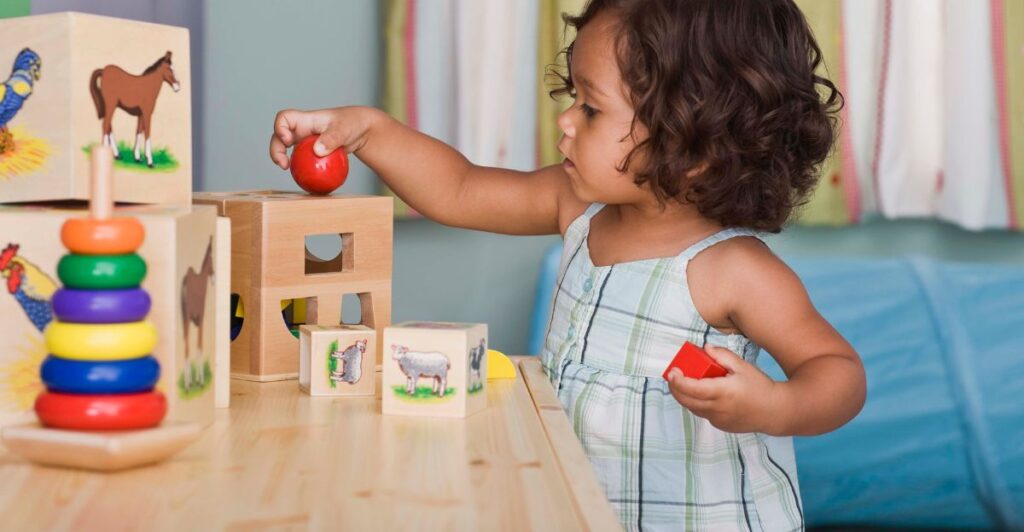
The stress on many business owners, including Don Kipper, must be monumental with uncertain time off, supplier warnings, and the concerns of letting down both loyal staff and long-time customers.
Those who see Kip’s store as an iconic piece of Americana understand what’s at stake. The psychological toll of business uncertainty is real and rising. Consumers face uncertainty, too, as they don’t know which stores will be able to weather this storm.
Vanishing
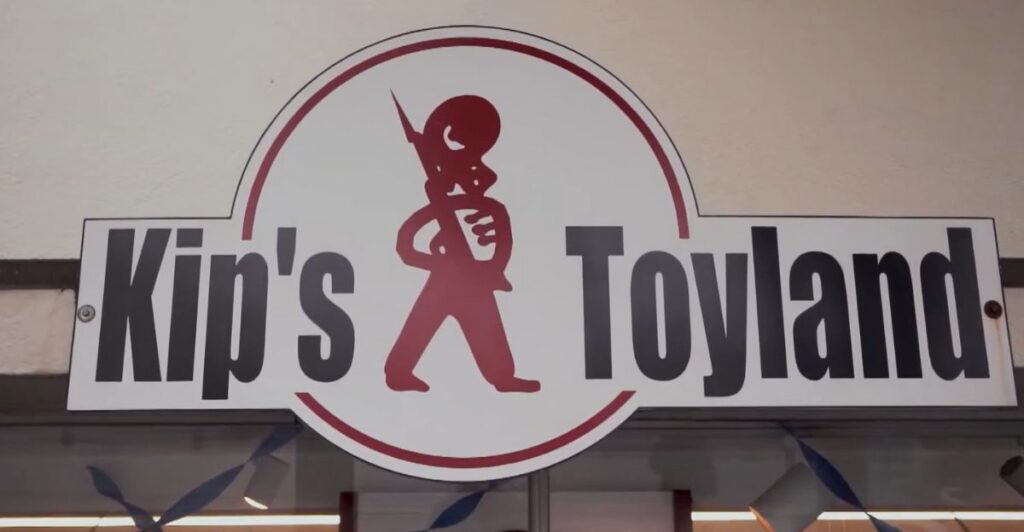
If Kip’s can’t outlast these tariffs, then it won’t be alone if it has to close its doors. With nearly half of all American toy stores facing similar concerns to Don Kipper, the only ones left could be the biggest stores and online sellers.
This would homogenize shopping, making the experience for consumers far worse. A generation of kids could grow up without knowing what a real toy store even is. Thankfully, there is a sliver of hope.
Temporary Tariff Relief
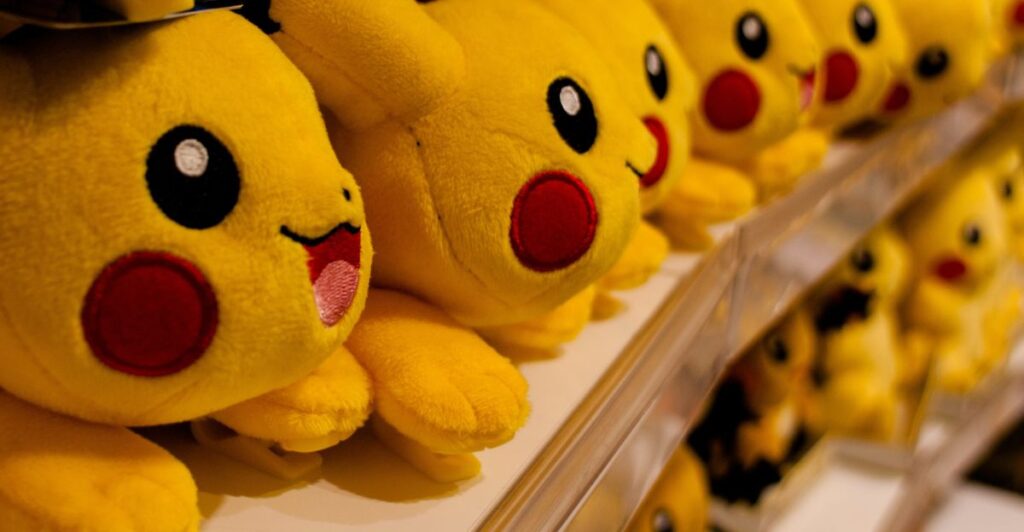
After intense negotiations that lasted two days, the U.S. and China have agreed to temporarily lower tariffs for the next three months. U.S. tariffs on Chinese toys will drop dramatically, which is a beacon of hope to places like Kip’s Toyland that desperately need a reprieve.
The tariffs are still steep, but aren’t nearly as unfounded as before. If a longer-term solution can be found before the lowered tariff window closes, then there’s still a future for these businesses.
